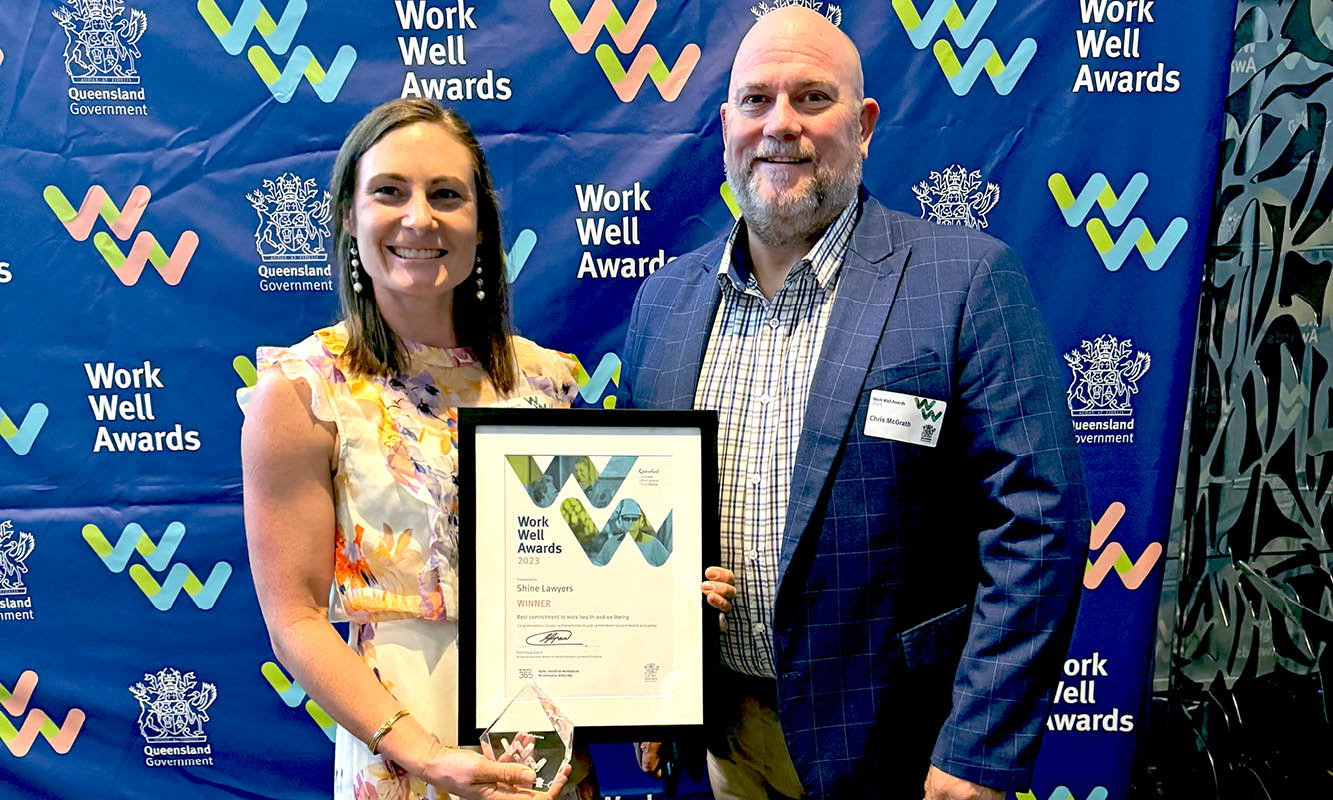Imposter syndrome describes a persistent pattern of dismissing your own accomplishments, combined with the fear that others may discover the truth soon. The “truth” being your pervasive deficiencies and almost complete lack of talent and intelligence – a self-limiting and destructive belief for which there is no objective evidence. This is more common than you may think.
The belief that you are a fraud can lead to self-sabotaging behaviours such as pointing out your own mistakes before taking ownership of success, procrastinating and leaving things to the last minute, turning down new opportunities and avoiding feedback.
Here are some typical examples of how people with imposter syndrome may interpret events: If you get a promotion at work, HR must have been short on candidates. When you are about to give a presentation, all you can think about is that people are going to find out how hopeless you really are. Feeling like a fake and being convinced that any success is undeserved can be exhausting, causing stress, anxiety, low self-confidence, shame and depression.
What you can do to overcome imposter syndrome:
- Know you are not alone: it can be a tremendous relief to realise that these kind of debilitating thoughts are more typical than you may assume.
- Gather evidence: write down a list of all your skills, talents and past achievements. Use this information to create a sense of value you are bringing to the world.
- Listen to a trusted source: ask someone you trust and respect about what they believe your strengths are. No, your mum does not count in this instance (nor anyone else whose positive feedback and affirmations you can easily dismiss as invalid).
- Tame your critical inner voice: is your internal narrative constantly putting pressure on you, suggesting you are not good enough? Have you internalised harsh criticism or even cruel judgement that you have received earlier in your life? Make sure you are aware of negative automatic thoughts, their impact and the most common forms.
- Celebrate successes and reward yourself: instead of racing forward to the next challenge or task once you have achieved a goal, stop and acknowledge your success for a moment. And don’t forget to pat yourself on the back.
- To reduce risks of imposter syndrome in others: be specific in the way you provide positive feedback. Don’t just say “good job” without explaining which particular aspects were done well – this sort of feedback can leave the person who received it wondering what was good about what they did, and may lead them to dismiss the positive and assume they got lucky.
If you would like to learn more, don’t hesitate to reach out to the QLS Solicitor Support service on ethics@qls.com.au or p. 3842 5843 to speak to someone in a judgement-free and supportive environment.
Rebecca Niebler is QLS’s Organisational Culture and Support Officer, QLS Solicitor Support (QLS Ethics and Practice Centre)
20 February 2020














Share this article